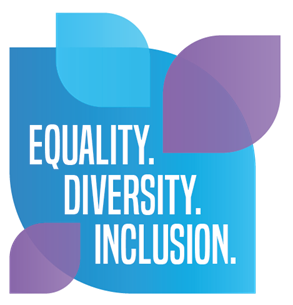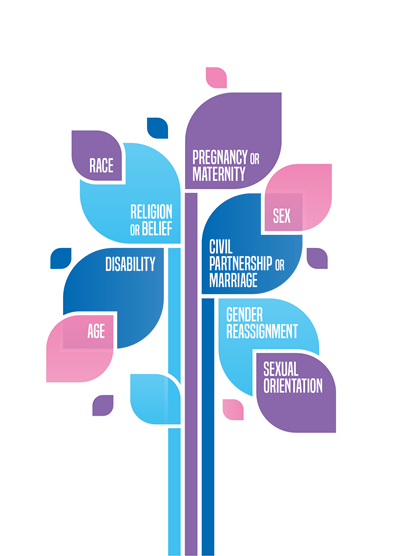Equality

We are committed to treating everyone with fairness, dignity, and respect. As an NHS trust we have a legal duty, set out in the public sector equality duty, part of the Equality Act (2010). We work to prevent discrimination, promote equal opportunities, and support understanding between all communities.
EPUT works to develop and implement a range of policies, projects and programmes to help foster equality and inclusion among our employees and local communities.
We are committed to challenging discrimination, both within our workforce and within the care we provide. We understand that equality and inclusion does not mean simply treating everyone the same or providing the same service to everyone. It means providing person-centred care and taking action to address inequalities both within our services and our wider community.
We understand that health inequalities are present in society. We work closely with local community organisations and in collaboration with staff, patients and carers to share good practice with other NHS trusts and organisations to make sure that improvements are made.
At EPUT, we are proud to have the following:
- Five Staff Equality Networks Ethnic Minority and Race Equality, Gender Equality, LGBTQ+, Disability and Mental Health, Faith and Spirituality). Network members help us understand the needs of their communities and work with us to shape improvements.
- Training and coaching to help staff become better allies and to challenge inequality and discrimination in all its forms, including ways to address systemic discrimination.
Protected characteristics

It is against the law to discriminate against someone because of:
- Age
- Disability
- Gender reassignment
- Marriage and civil partnership status
- Pregnancy and maternity leave
- Race including colour, nationality, ethnic or national origin
- Religion or belief
- Sex
- Sexual orientation
These are called protected characteristics. Under the Equality Act (2010) you are protected from discrimination in the workplace and when using healthcare services. Under the Public Sector Equality Duty, the trust must consider how our decisions and policies may affect people with these characteristics, and make sure that our actions do not disadvantage or discriminate against people from any of these nine groups.
Equality and Inclusion reports